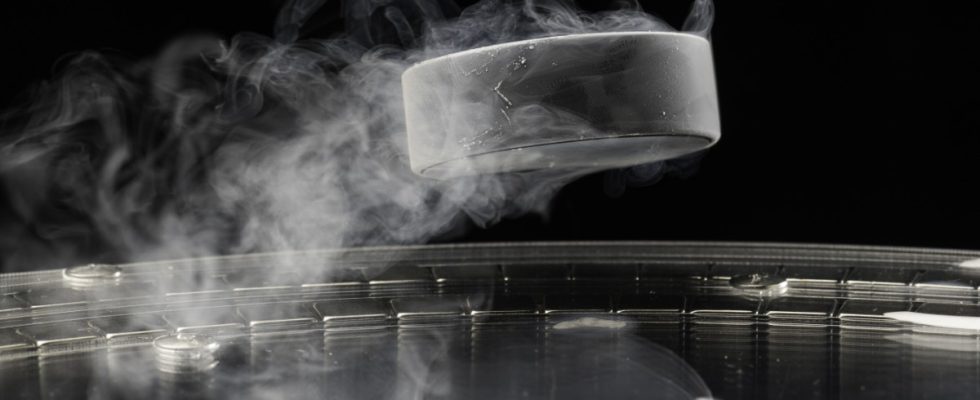In March, a research team led by physicist Ranga Dias from the University of Rochester appeared in the specialist magazine Nature claims to have found a room temperature superconductor. Although enormous pressure would be necessary, the material could conduct electricity without loss at ambient temperature and without any resistance; a fantastic breakthrough if confirmed. Has now Nature the controversial publication was withdrawn.
It is noteworthy that the retraction was obtained by eight of the eleven authors of the paper – including Ashkan Salamat from the University of Nevada, Las Vegas, one of the lead authors along with Dias. The scientists believed there were “issues” that “undermined the integrity of the published work,” says the accompanying message: The publication “does not accurately reflect” information on the origin of the materials examined, measurement setup and data processing. The remaining three authors, including Ranga Dias, have not yet commented on the allegations to the journal.
Already in September last year Nature a publication by Dias and Salamat withdrawn. Because of doubts about the measurement data, he also retracted in August the specialist magazine Pphysical review letters a publication, in which Dias was involved. The physicist has already been accused of plagiarism and data manipulation on several occasions. Experts also expressed considerable doubts early on about the work published in March; Because of the supposedly spectacular results, it received worldwide attention. Report now on the withdrawal Nature Newsthe independent news section of the specialist journal. The University of Rochester has, according to Nature confirmed that external experts are now investigating whether Dias’ work has integrity.
Physicist Ranga Dias in a press photo from the University of Rochester in January 2023.
(Photo: J. Adam Fenster/J. Adam Fenster / University of)
That Nature Having to withdraw a slide work for the second time is raising questions among experts. When the publication was reviewed by colleagues, numerous questions arose, but these were clarified, says Karl Ziemelis Nature responsible for physics, in which Nature News-Report cited. “What the peer review process cannot determine is whether the paper, as written, accurately reflects the research as it was conducted.”
In order for a superconductor to conduct electricity without resistance, it currently has to be cooled to temperatures below minus 140 degrees Celsius. The temperature can be adjusted Increase ice freezer freshness to minus 23 degrees, when the material is pressed together with enormous pressure. In the now retracted publication, Dias and his colleagues stated that a compound made up of the rare earth metal lutetium, nitrogen and hydrogen was superconducting at room temperature and “only” ten kilobars of pressure. That’s still ten times the pressure at the bottom of the Mariana Trench, but only a fraction of the pressure normally required and would therefore have been much closer to everyday applications.
The withdrawal is the second disappointment in the field of superconductivity this year. Had in July Two groups from South Korea and the USA reported on a room temperature superconductor that should work without particularly high pressure. The article appeared as a preprint and was therefore not peer-reviewed. Other laboratories quickly recreated the supposed miracle material called LK-99, but the claims of its inventors could not be confirmed.

